Dates and date paste are two versatile ingredients that can add a natural sweetness and depth of flavor to a wide variety of dishes. Both date paste and dates are derived from the same fruit, the date palm, but they differ in terms of texture, sweetness, and culinary applications. In this article, we will explore the key differences between date paste and dates, along with their unique uses and benefits in cooking and baking. Dates are the fruit of the date palm tree, which is native to the Middle East and North Africa. They are oval-shaped, sweet and chewy, with a rich, caramel-like flavor. Dates are often enjoyed as a snack on their own, but they can also be used as a natural sweetener in a wide range of dishes, from baked goods to savory dishes like stews and salads. Date paste, on the other hand, is made by blending dates with water to create a smooth, thick paste. Date paste has a similar flavor to whole dates but is more concentrated and easier to incorporate into recipes.
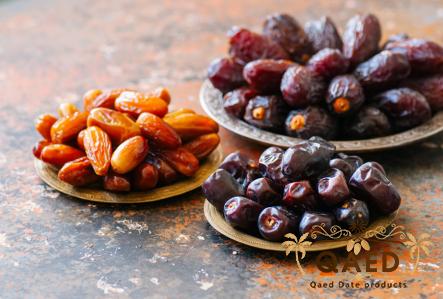
.
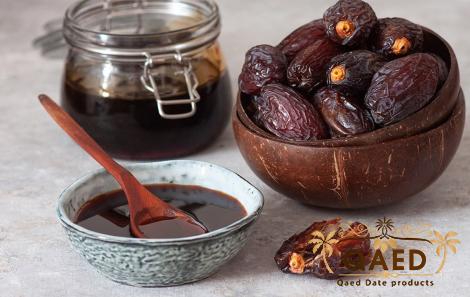 It is often used as a natural sweetener and binder in baking, as well as a base for sauces and dressings. One of the key differences between dates and date paste is their texture. Whole dates are chewy and sticky, while date paste is smooth and spreadable. This difference in texture can impact how these ingredients are used in recipes. Dates are often chopped or blended into smaller pieces before being added to a dish, while date paste can be easily mixed into batters and sauces without any additional preparation. In terms of sweetness, both dates and date paste are naturally sweet due to their high sugar content. However, date paste is slightly sweeter than whole dates because it is more concentrated. This can be beneficial when using date paste as a sweetener in recipes, as you may need less of it to achieve the desired level of sweetness compared to whole dates. When it comes to nutritional benefits, both dates and date paste are rich in vitamins, minerals, and fiber. Dates are a good source of potassium, magnesium, and antioxidants, while date paste retains many of these nutrients due to its minimal processing. Both ingredients are naturally free of added sugars and preservatives, making them a healthier alternative to refined sugar in cooking and baking. In terms of culinary applications, dates and date paste can be used interchangeably in many recipes, depending on the desired texture and sweetness level. Whole dates are often used as a topping for oatmeal, yogurt, and salads, as well as an ingredient in energy bars and balls. Date paste is commonly used in baking to sweeten cakes, cookies, and muffins, as well as in raw desserts like energy bites and cheesecakes. One of the key advantages of using date paste in baking is its ability to retain moisture and add a rich, caramel flavor to baked goods. Date paste can also act as a natural binder, helping to hold ingredients together without the need for eggs or other binders. This makes date paste a popular choice for vegan baking and for those looking to reduce their intake of processed sugars.
It is often used as a natural sweetener and binder in baking, as well as a base for sauces and dressings. One of the key differences between dates and date paste is their texture. Whole dates are chewy and sticky, while date paste is smooth and spreadable. This difference in texture can impact how these ingredients are used in recipes. Dates are often chopped or blended into smaller pieces before being added to a dish, while date paste can be easily mixed into batters and sauces without any additional preparation. In terms of sweetness, both dates and date paste are naturally sweet due to their high sugar content. However, date paste is slightly sweeter than whole dates because it is more concentrated. This can be beneficial when using date paste as a sweetener in recipes, as you may need less of it to achieve the desired level of sweetness compared to whole dates. When it comes to nutritional benefits, both dates and date paste are rich in vitamins, minerals, and fiber. Dates are a good source of potassium, magnesium, and antioxidants, while date paste retains many of these nutrients due to its minimal processing. Both ingredients are naturally free of added sugars and preservatives, making them a healthier alternative to refined sugar in cooking and baking. In terms of culinary applications, dates and date paste can be used interchangeably in many recipes, depending on the desired texture and sweetness level. Whole dates are often used as a topping for oatmeal, yogurt, and salads, as well as an ingredient in energy bars and balls. Date paste is commonly used in baking to sweeten cakes, cookies, and muffins, as well as in raw desserts like energy bites and cheesecakes. One of the key advantages of using date paste in baking is its ability to retain moisture and add a rich, caramel flavor to baked goods. Date paste can also act as a natural binder, helping to hold ingredients together without the need for eggs or other binders. This makes date paste a popular choice for vegan baking and for those looking to reduce their intake of processed sugars.
..
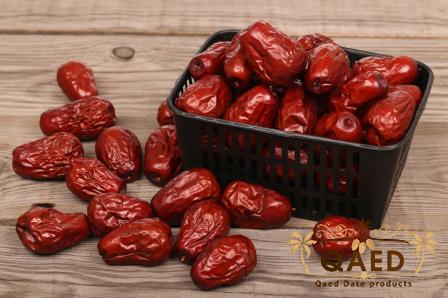 In savory dishes, both dates and date paste can add a touch of sweetness and depth of flavor to dishes like curries, tagines, and glazes. Whole dates can be simmered in sauces to release their natural sugars and create a sweet and tangy balance to savory ingredients. Date paste, on the other hand, can be mixed into dressings and marinades to add a natural sweetness and complexity to dishes. In conclusion, dates and date paste are two delicious and nutritious ingredients that can enhance the flavor of a wide range of dishes. While both ingredients are derived from the date palm fruit, they differ in terms of texture, sweetness, and culinary applications. Whether you choose to use whole dates or date paste in your cooking and baking, you can enjoy the natural sweetness and health benefits that these versatile ingredients have to offer. Overall, the choice between using dates or date paste in your culinary creations will depend on the specific texture and sweetness level you are looking to achieve. Both options bring their own unique advantages to the table, making them valuable additions to any kitchen pantry. When it comes to baking, date paste reigns supreme as a versatile and convenient sweetener. Its smooth consistency makes it easy to incorporate into batters and doughs, ensuring a consistent sweetness throughout your baked goods. Date paste also provides a natural caramel flavor that enhances the overall taste profile of your creations. Additionally, the concentrated sweetness of date paste allows you to use less of it compared to whole dates, making it a cost-effective and efficient choice for your baking needs. In contrast, whole dates offer a more chewy and substantial texture, making them a great choice for recipes where you want to add small bursts of sweetness and chewiness. Chopped dates can be easily folded into cookies, breads, and energy bars, providing pockets of natural sweetness in every bite. Their sticky nature also helps bind ingredients together, making them a valuable component in recipes that require structure and cohesiveness. Another important factor to consider when choosing between dates and date paste is the level of convenience and preparation required.
In savory dishes, both dates and date paste can add a touch of sweetness and depth of flavor to dishes like curries, tagines, and glazes. Whole dates can be simmered in sauces to release their natural sugars and create a sweet and tangy balance to savory ingredients. Date paste, on the other hand, can be mixed into dressings and marinades to add a natural sweetness and complexity to dishes. In conclusion, dates and date paste are two delicious and nutritious ingredients that can enhance the flavor of a wide range of dishes. While both ingredients are derived from the date palm fruit, they differ in terms of texture, sweetness, and culinary applications. Whether you choose to use whole dates or date paste in your cooking and baking, you can enjoy the natural sweetness and health benefits that these versatile ingredients have to offer. Overall, the choice between using dates or date paste in your culinary creations will depend on the specific texture and sweetness level you are looking to achieve. Both options bring their own unique advantages to the table, making them valuable additions to any kitchen pantry. When it comes to baking, date paste reigns supreme as a versatile and convenient sweetener. Its smooth consistency makes it easy to incorporate into batters and doughs, ensuring a consistent sweetness throughout your baked goods. Date paste also provides a natural caramel flavor that enhances the overall taste profile of your creations. Additionally, the concentrated sweetness of date paste allows you to use less of it compared to whole dates, making it a cost-effective and efficient choice for your baking needs. In contrast, whole dates offer a more chewy and substantial texture, making them a great choice for recipes where you want to add small bursts of sweetness and chewiness. Chopped dates can be easily folded into cookies, breads, and energy bars, providing pockets of natural sweetness in every bite. Their sticky nature also helps bind ingredients together, making them a valuable component in recipes that require structure and cohesiveness. Another important factor to consider when choosing between dates and date paste is the level of convenience and preparation required.
…
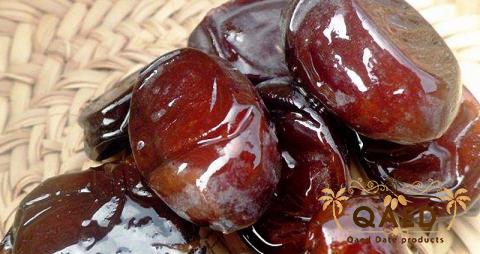 Date paste, with its ready-to-use form, eliminates the need for any additional processing or chopping, saving you time and effort in the kitchen. On the other hand, whole dates may require some extra preparation, such as pitting and chopping, before they can be incorporated into your recipes. When it comes to health benefits, both dates and date paste offer a nutritious alternative to refined sugars and artificial sweeteners. They are naturally rich in fiber, vitamins, and minerals, providing sustained energy and supporting overall health and well-being. By incorporating dates or date paste into your diet, you can enjoy the natural sweetness of these fruits without compromising on nutritional value. Furthermore, dates and date paste can be particularly beneficial for individuals following specific dietary lifestyles, such as vegan or plant-based diets. Their natural sweetness and binding properties make them excellent choices for replacing animal-derived ingredients like eggs and refined sugars in recipes. Whether you are looking to reduce your intake of processed sugars or simply add a healthier touch to your cooking and baking, dates and date paste offer a wholesome and delicious solution. In summary, dates and date paste are two exceptional ingredients that can elevate the flavor and nutritional value of your dishes. Whether you prefer the chewy texture of whole dates or the smooth consistency of date paste, both options offer a natural sweetness and depth of flavor that can enhance a wide variety of recipes. From baking to savory cooking, dates and date paste bring versatility and health benefits to your culinary creations, making them essential staples in any kitchen. Whether you are a seasoned chef or a home cook looking to explore new ingredients, dates and date paste are sure to become your go-to choices for adding a touch of natural sweetness and goodness to your meals.
Date paste, with its ready-to-use form, eliminates the need for any additional processing or chopping, saving you time and effort in the kitchen. On the other hand, whole dates may require some extra preparation, such as pitting and chopping, before they can be incorporated into your recipes. When it comes to health benefits, both dates and date paste offer a nutritious alternative to refined sugars and artificial sweeteners. They are naturally rich in fiber, vitamins, and minerals, providing sustained energy and supporting overall health and well-being. By incorporating dates or date paste into your diet, you can enjoy the natural sweetness of these fruits without compromising on nutritional value. Furthermore, dates and date paste can be particularly beneficial for individuals following specific dietary lifestyles, such as vegan or plant-based diets. Their natural sweetness and binding properties make them excellent choices for replacing animal-derived ingredients like eggs and refined sugars in recipes. Whether you are looking to reduce your intake of processed sugars or simply add a healthier touch to your cooking and baking, dates and date paste offer a wholesome and delicious solution. In summary, dates and date paste are two exceptional ingredients that can elevate the flavor and nutritional value of your dishes. Whether you prefer the chewy texture of whole dates or the smooth consistency of date paste, both options offer a natural sweetness and depth of flavor that can enhance a wide variety of recipes. From baking to savory cooking, dates and date paste bring versatility and health benefits to your culinary creations, making them essential staples in any kitchen. Whether you are a seasoned chef or a home cook looking to explore new ingredients, dates and date paste are sure to become your go-to choices for adding a touch of natural sweetness and goodness to your meals.

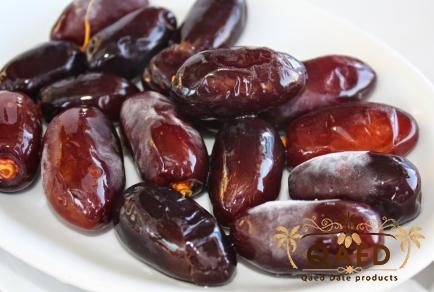
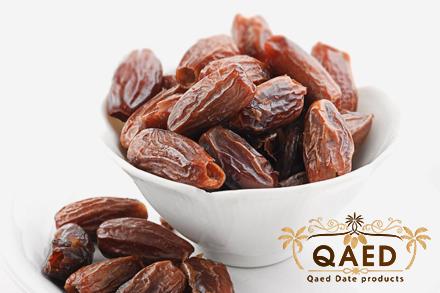
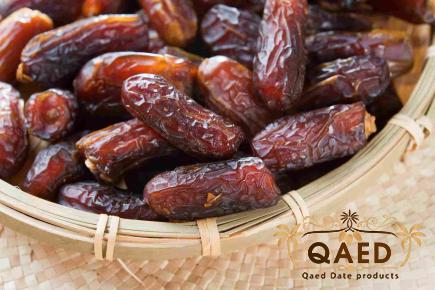
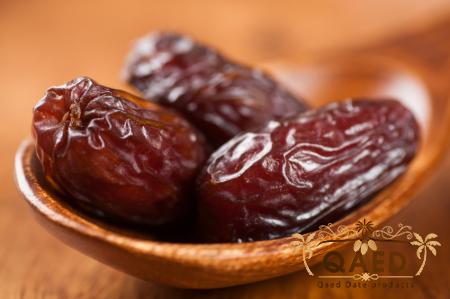
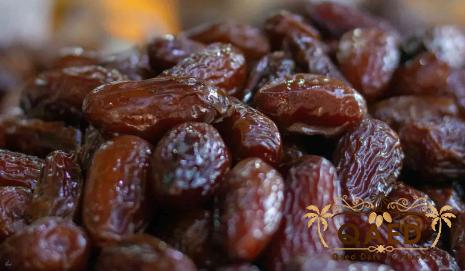
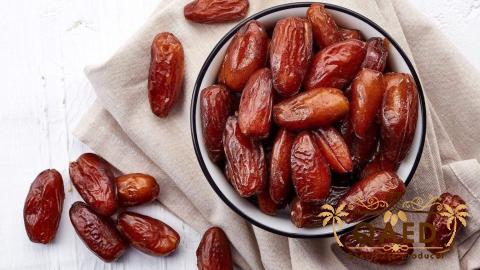
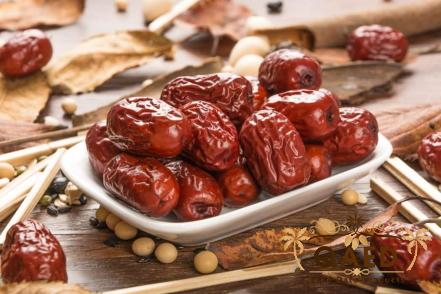
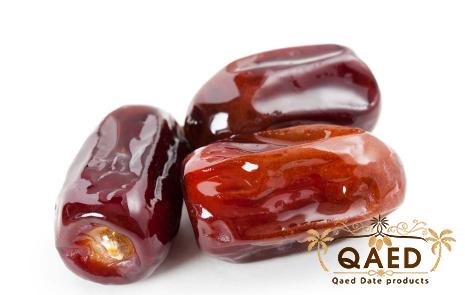
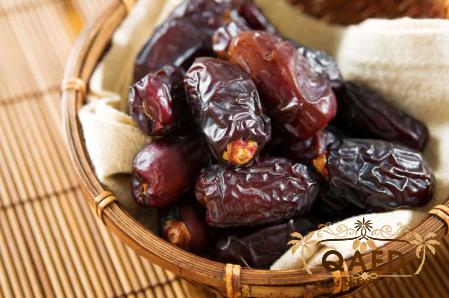
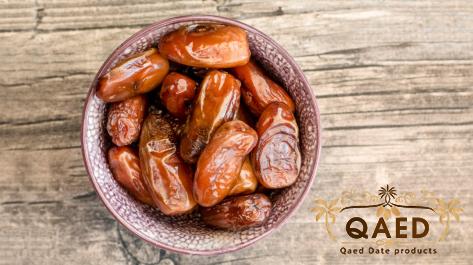
Your comment submitted.